In a world that often glorifies independence and rugged individualism, it’s easy to feel like needing help is a sign of weakness. We’re bombarded with messages encouraging us to “pull ourselves up by our bootstraps” and “go it alone.” But the truth is, we all need a little support sometimes. Recognizing this fundamental human need is not only okay, it’s crucial for our well-being and our ability to thrive.
Think about it: from the moment we’re born, we rely on others. As we grow, that reliance evolves, but the need for connection and support never truly disappears. Whether it’s leaning on a friend for a listening ear, seeking guidance from a mentor, or simply asking for help with a task, support comes in many forms.
So why do we find it so hard to ask for it? Often, it’s rooted in fear. We might worry about:
- Being perceived as incompetent: “Will they think I’m not good enough if I ask for help?”
- Burdening others: “I don’t want to bother them with my problems.”
- Vulnerability: “It’s scary to expose my weaknesses.”
- Rejection: “What if they say no?”
These fears are understandable, but they can hold us back from valuable opportunities for growth and connection. Learning to overcome them is an essential step towards a healthier, more fulfilling life.
The Benefits of Seeking Support:
The advantages of reaching out are numerous:
- Reduced Stress and Anxiety: Sharing burdens lightens the load. Talking through problems with a trusted confidant can provide clarity and perspective.
- Improved Mental Health: Connection is a fundamental human need. Isolation can lead to loneliness, depression, and anxiety.
- Increased Resilience: Knowing we have a support system helps us bounce back from setbacks and challenges.
- Enhanced Productivity: Seeking help when needed can prevent us from getting stuck and wasting time on tasks that others are better equipped to handle.
- Stronger Relationships: Vulnerability and the willingness to ask for help can deepen connections and foster trust.
Cultivating a Support System:
Building a strong support network takes time and effort. Here are a few tips:
- Identify Your Needs: What kind of support do you need? Emotional support, practical help, professional guidance?
- Nurture Existing Relationships: Invest time in your friendships and family relationships. Be a supportive presence in their lives as well.
- Be Open and Honest: Communicate your needs clearly and honestly. Don’t be afraid to ask for what you need.
- Join Communities: Find groups or organizations that share your interests. This can be a great way to meet new people and build connections.
- Practice Self-Compassion: Be kind to yourself. Remember that it’s okay to need help.
Giving and Receiving:
Support is a two-way street. Offering support to others is just as important as receiving it. When we help others, we not only strengthen our relationships, but we also boost our own mood and sense of purpose.
In conclusion, embracing the need for support is not a weakness but a strength. It’s a recognition of our shared humanity and a vital element of a healthy and fulfilling life. So, the next time you’re feeling overwhelmed or struggling with a challenge, remember that it’s okay to reach out. You’re not alone, and there are people who care and want to help. Allow yourself to be supported, and in turn, be the support someone else needs. Together, we can navigate the complexities of life with greater resilience and joy.




